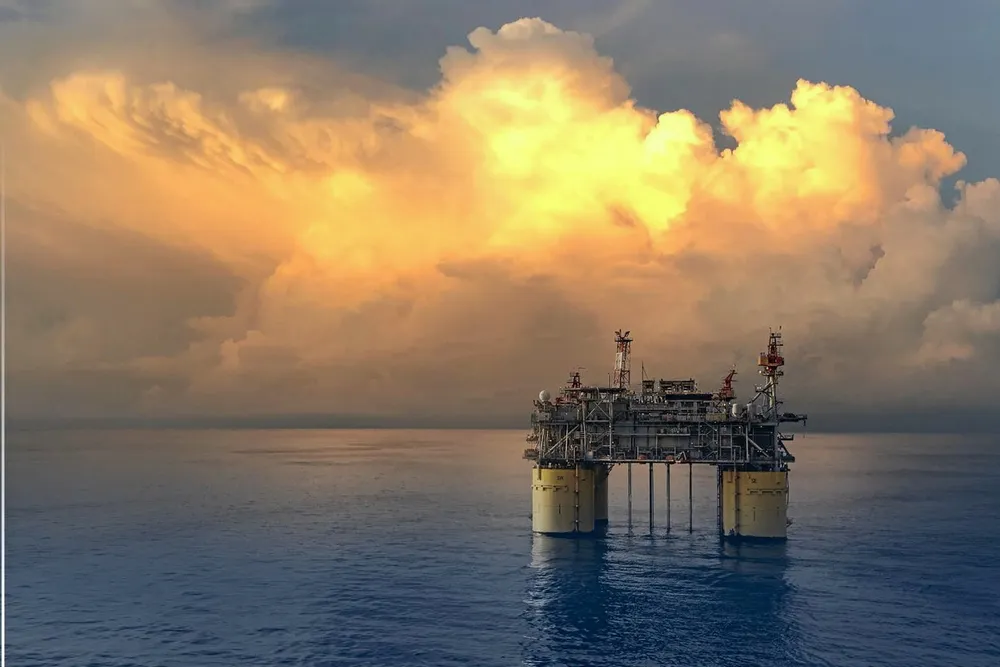US offshore wind needs to lose 'fossil fuel' talking point if it wants bipartisan support: ACP panel
Discussion at industry association’s conference in New Jersey said public health and jobs resonate more strongly than political allegations and climate change

As the US nears pivotal elections that could decide not just the presidency but also the Congressional majority, offshore wind is facing the prospect of a government dominated by potential renewable energy sceptics.
Offshore wind’s ongoing momentum started under President Joe Biden, a Democrat, and is being fuelled by tax incentives delivered by the Inflation Reduction Act that passed without a single Republican vote in Congress, setting it up as a partisan sector.
Yet offshore wind advocates insist that the sector enjoys — or could enjoy — broad bipartisan support, if messaged correctly.
“We all need to behave as if this is a bipartisan industry, because it is a bipartisan industry,” insisted Stephanie McClellan, noting that earliest regulatory attempts at industry development occurred under the administration of Republican George W. Bush in 2005.
“It was in the Energy Policy Act of 2005 which came out of the [Vice President Dick] Cheney Task Force, which was vilified by the Left for years during that period,” she added, speaking on a panel at industry advocacy group American Clean Power Association (ACP)'s offshore wind conference.
A key message by offshore wind advocates insists that opposition is driven by fossil fuel interests committed to derailing the energy transition.
Against the Wind
The report “provides an unparalleled window into how fossil fuel interests are working with climate denial think tanks and community groups to obstruct offshore wind projects,” it said.
Top US developers are themselves oil and gas firms, including Equinor, which is developing the Empire wind arrays for New York; Shell, half of the joint venture behind Atlantic Shores to New Jersey; and BP, which retains its stakes in the stalled Beacon Wind arrays.
However, “if we paint all misinformation coming from the fossil fuel industry, and the fossil fuel industry is something that is also supportive of our bipartisan supporters, we're not making it very easy for them to support us,” conceded McClellan.
Climate dud
Direct references to climate change are also not helpful for building industry support, with a recent poll by the Pew Research Foundation seeing just 11% of Trump-leaning voters seeing it as a top priority, compared to 62% of Harris voters.
“The 'climate change' words sometimes are polarising, and I say that as an organisation with one of our top priorities is fighting climate change,” said Julie Tighe, president of the New York League of Conservation Voters, speaking on the same panel.
Instead, Tighe observed: “The public health message will win everyone. Same thing on clean air and clean water. Everyone supports clean water. Everyone supports clean air.”
Organised labour can be another source of bipartisan support and advocacy, said Michael Muller, president of Muller Public Strategies.
The Biden administration has focused on union jobs created through offshore wind, with high profile projects including the New Bedford Marine Commerce Terminal in Massachusetts and New Jersey Wind Port built up by union workers.
Labour “is one of our greatest allies in this fight,” he said at ACP's conference.
(Copyright)